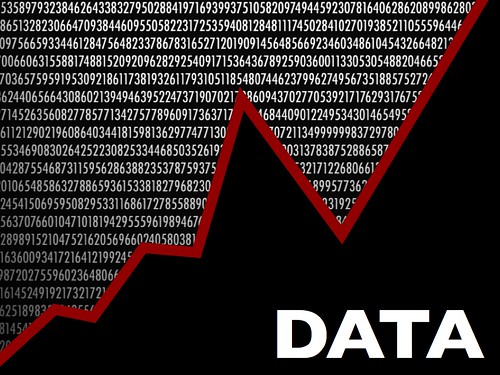Cartographically Speaking; Data (Lots), Maps (Not So Much), Problems (Many)
In September I'll be at the 46th. Annual Society of Cartographers Summer School at the University of Manchester where I'm lucky enough to have been asked to give a talk on geographic data. This topic should come as no surprise to anyone who's come across one of my blog posts.
I'll be talking about Welcome To The World Of The Geo Data Silo; Where Closed Data Is Open And Open Data Is Closed; the talk abstract is now up on the SoC web site and it's reproduced below.
We've been mapping the world around us for centuries, even before the Mappa Mundi first appeared in Hereford Cathedral. But now, as location becomes ubiquitous (if you have a smartphone and you're not in an urban canyon), as the major and minor players coalesce into the nebulous thing we call the "geo industry" and as there's sources of geographic data everywhere, suddenly the map isn't the important thing anymore. Now, it's all about the data.
At this year's Where 2.0 in the heart of Silicon Valley, a veritable geo-fest if ever there was one, the map was strangely absent. Instead we have data, lots of data.
Some of it commercial and authoritative (Navteq and Teleatlas), some of it niche and authoritative (Urban Mapping), some of it country specific and authoritative (Britain's Ordnance Survey) and some of it crowd sourced and growing aggressively (OpenStreetMap). But there's also data from unlikely allies, from geo-tagged photos (Flickr), from location based social networking services (FourSquare and Gowalla) and from forward thinking experimental authorities (Vancouver's Open Data Catalogue).
Data, data everywhere. Some physical, some spatial, some subjective, some colloquial. But all of it locked in its own private little data silo. There's much irony here as well, as previously proprietary data becomes unlocked and open (Ordnance Survey) and open, crowd sourced data become locked behind a well meaning but restrictive license.
You could call this Geo-Babel and we're in the midst of it right now. How can we recognise this and, more importantly, how can we as part of the geo industry dig ourselves out of this hole?
... now I just need to write the talk and the accompanying slide deck in time.
Photo Credits: bionicteaching on Flickr
